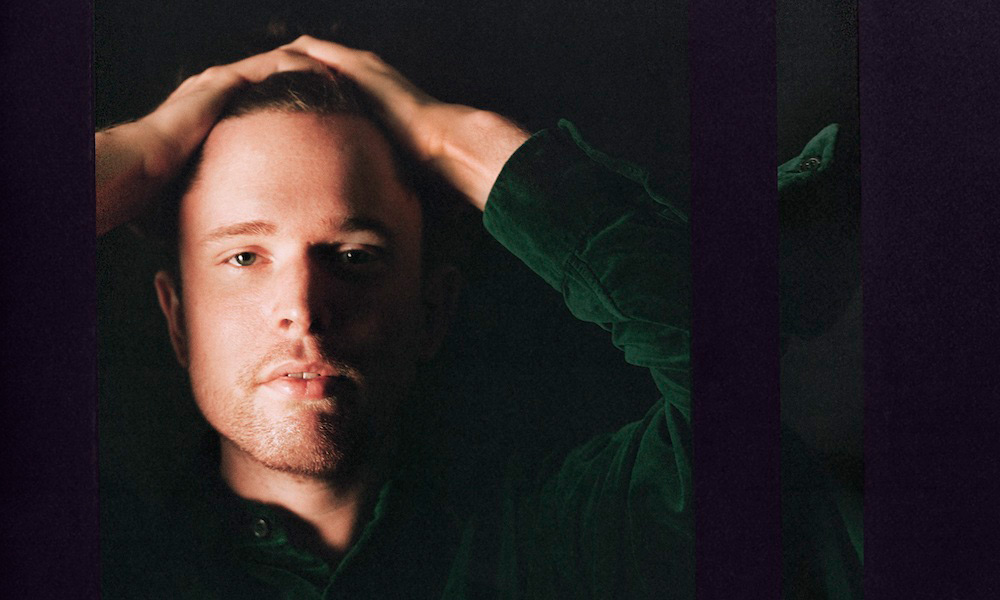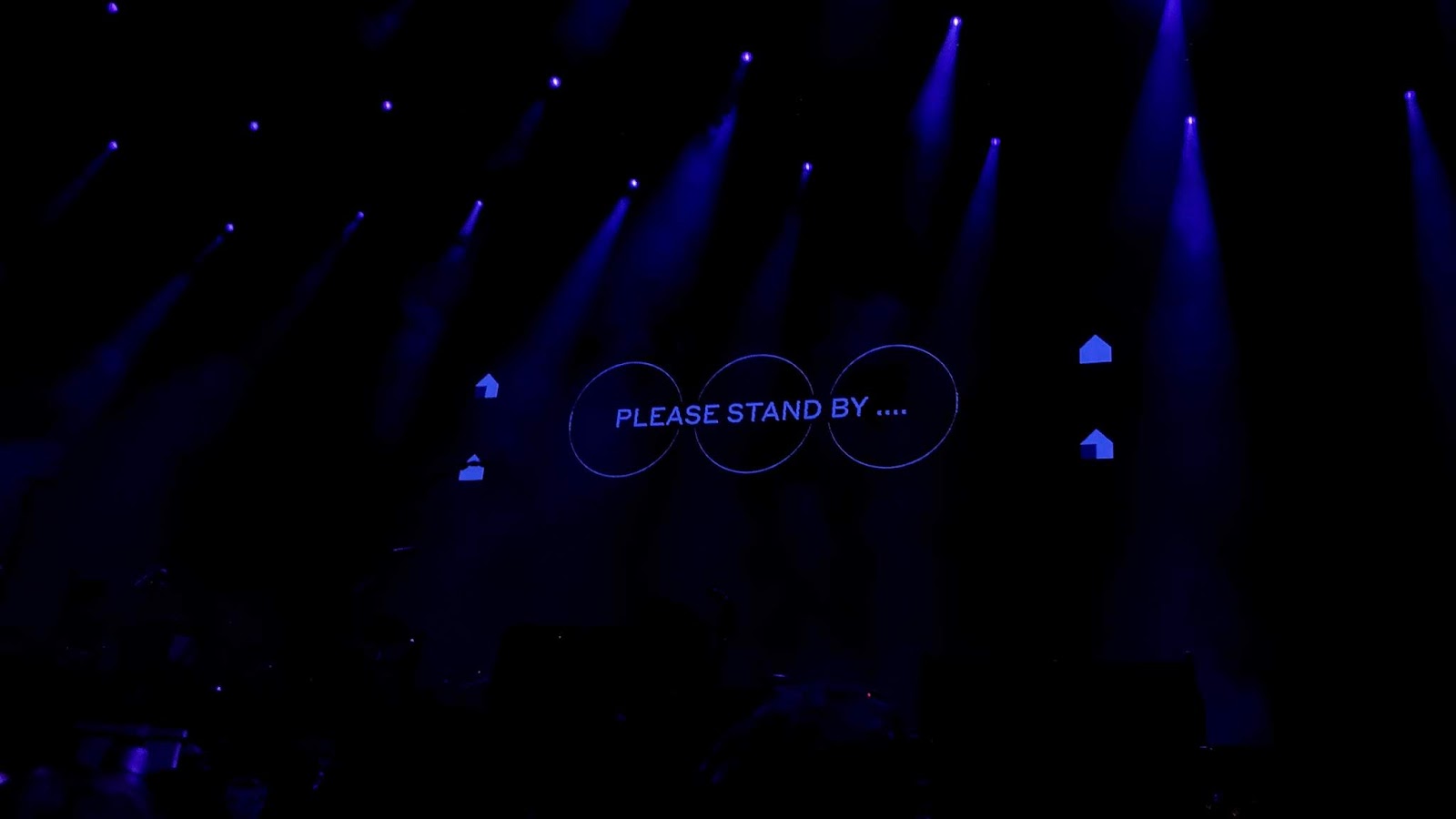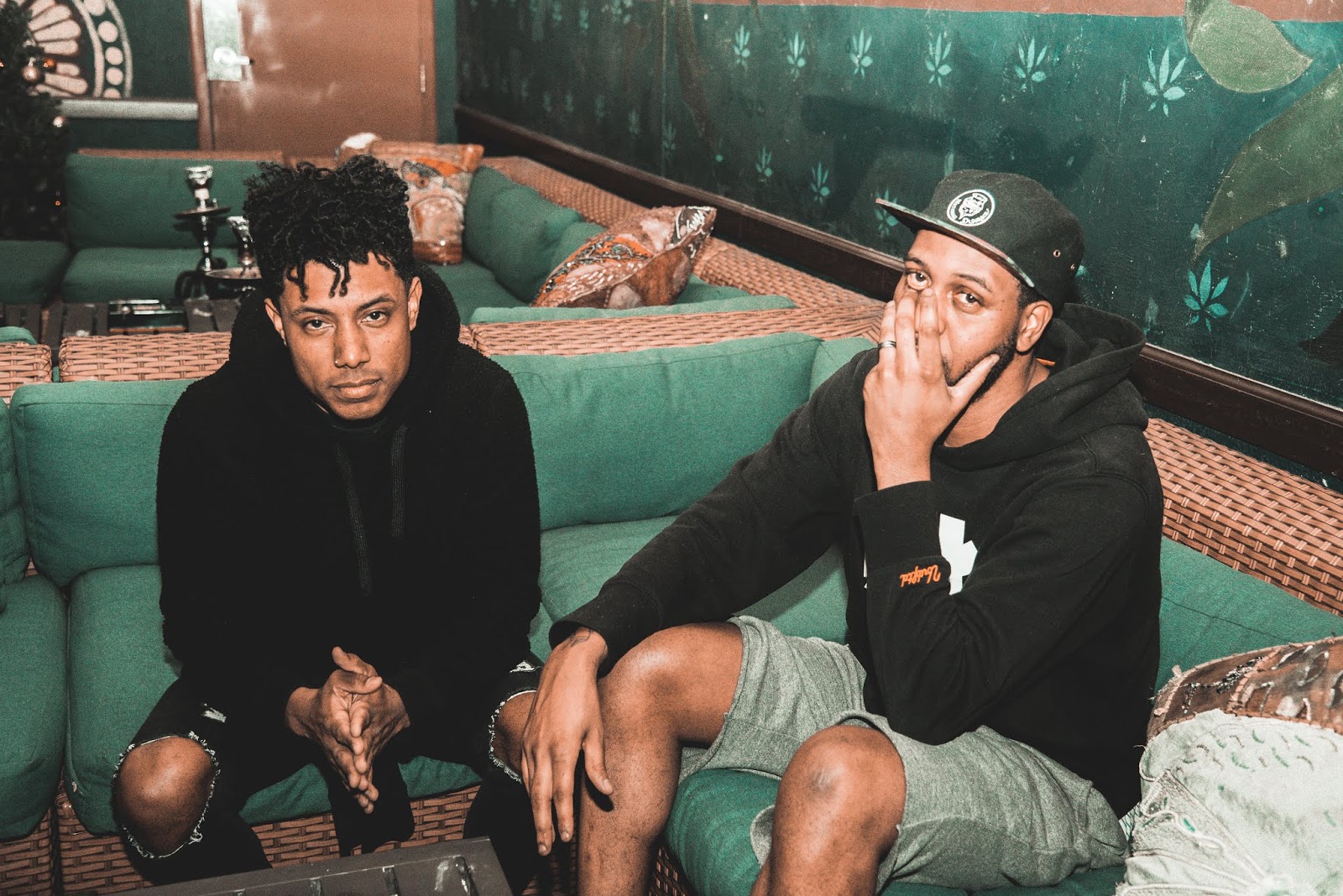Review: James Blake as Ulysses On 'Assume Form'
9.5/10
It is difficult to review an album which is possibly one of the biggest and best records of the last decade, but I am going to try anyway.
James Blake, an icon in the field of alternative/electronic music, came back after almost three years with a stunning album, Assume Form. We all got a glimpse of Blake's eccentric style in his previous 3 albums, but nothing would have been able to prepare us for what was to come. Assume Form is a lampant, subtle, glitchy, and overflowing declaration of love.
Starting from the first song, which gives the title to the album, James Blake makes us understand that this won't be a simple listening session. The haunting tones and synths encounter Blake's cutting vocals, accompanied by a delicate, oximoronic piano riff. Violins are added around mid-song, with a big opening of sounds. But the most is done in the last two minutes, when a high-pitched chorus comes in singing over what seems like Blake's final will, made up by questions: "Don't you know your best side shows when you're unaware?"
"I hope this is the first day that I connect motion to feeling..."Blake's fourth studio album depicts him taking in consideration every aspect of life. The best song off this rollercoaster of a record is the fourth one, "Into The Red", a mystical experience. The religious openings present in this track make it the most experimental and ethereal, and the lyrics don't help either. With sounds that are basically impossible to define, composed by trumpets, what sounds like a harpsichord and many synths and autotune, Blake enters an unknown dimension of experimentalism, probably being fully aware of it. It is a desperate attempt to have a voice in an industry where love has gone into remission, like it were an illness that no one has the courage to talk about anymore. It discusses a tormented relationship, where reciprocity is the main and most important component.
"She saw me lose face every day, rather than lose me..."The most 'classic' track off the album is "Can't Believe The Way We Flow". It is a stream of consciousness which reminds me slightly of the previous record, The Colour In Anything, but also has the perfect structure of "Retrograde". The lyrics are so far the most introspective in the album; Blake goes full naked in a song that leaves the listener with a set of unfinished business that finds its final stage in the last 40 seconds, when the song takes a brutal break and restarts even louder than before. Here James' ability of playing around with loops and samples is perfectly visible, showing off his immaculate ability of creating a solid structure from scratch. It is a song containing an epiphany, reminiscent of Bon Iver's: "And at once I knew I was not magnificent": "I'm finding I'm a smaller piece / than I once thought".
"You are my fear of death / You wave my fear of self..."A glorious entrance is made by the seventh track, "Are You In Love?", claiming a gospel-like tone, and a promise to a silent lover. James Blake's voice is the clearest it has ever been so far; this track is a clean love song, even if a bit controversial and pained. The electronic keyboard riff flows like the concept of time in the lyrics, assuming the form (no pun intended) of "borrowed time". And it is true: all time is borrowed. Everything slides so easily out of our hands that we barely realise life is happening around us. Philosophy was an evident inspiration for this record, but not an academic kind— James Blake's kind. This song embodies the soul of the record: uncertainty and grueling adoration in one.
"I reserve the right to disappear..."Blake wears many hats throughout this record, and one is the black & white man, wearing a tuxedo and shiny black shoes (or at least this is how I depict him). This happens in "I'll Come Too", a perfect song from every point of view. The vibe, the mood it sets, is mystical: you want to dance to it but also cry to it. The chorus, with its synths and evocative violins, almost reminiscent of old Disney movies, is so ethereal and fulfilling; it is a satisfying track.
"I'll Come Too" is put back to back with "Power On" which, after "Into The Red", I believe to be the best track off Assume Form. It starts with a strong statement: "I thought I might be better dead / but I was wrong". It is a song about hope, about self-appreciation, about self-consciousness, and about everything that James Blake is: a human with very strong feelings. Everyone should power on through life. Outside the dark and menacing clouds there is always light, and maybe that light belongs to a person, or not. Maybe it belongs to yourself. It is a song that makes one smile, because it makes us realise there are things much more important than whatever we think is important.
"If it feels like a home, power on..."The last two tracks are a separate entity. They evoke different emotions; they are darker, more tormented, almost haunting. "Don't Miss It" is a return to Blake's roots, a classy piano sided with many high pitched synths. He lists a series of symptoms, evocative of depression, wearing the clothes of his type: "the sad boy." He has been stigmatised, as well as male mental health, and he answered really simply and plainly with this simple but intense song. You need to be conscious of what you need to do to be happy, and now that he is in a loving relationship, he is scared he might miss his loneliness.
"And as it keeps going, you forget whether it was the beginning or end..."I haven't talked much about the tracks that include a feature, and I will explain why. "Mile High" feat. Metro Boomin & Travis Scott and "Barefoot In The Park" feat. ROSALÍA are the best ones, with their innovative and experimental composition of sounds they make the album more dynamic and less monotonous. "Tell Them" feat. Metro Boomin & Moses Sumney, and in particular "Where's The Catch?" feat. André 3000, on the other hand, are cacophonous tracks that make the listener almost lose their train of thought. They add something that this album did not need. They might be an extra, which someone might appreciate, but I personally found them a little forced and not coherent to the album. But all the other solo tracks cover their tracks, making it still a beautiful LP.
The last track off this record is the most macabre, a characteristic anticipated by the title itself: "Lullaby for My Insomniac". It is a relatively short track, but it contains a sort of will: to let himself go. Let himself rest. It could be dedicated to anyone, even if I have the feeling it is a song for no one but Blake himself. There are hauntingly dissonant harmonies; it is almost unsettling. It is not a nice conclusion, and it is definitely not a happy ending. On the contrary, it is a dramatic ending to a hopeful record. What does it mean, though? Does it presume there will be a follow-up? If it is anything like this, then hopefully yes. But the simplicity of this last track is almost underwhelming, in the nicest way possible. It is a juxtaposition to what this album carried. After all these emotions, it is time to sleep. Even if it is not always easy to find peace, this was James Blake's attempt to give us some.
"I'd rather see everything as a blur tomorrow, if you do..."This album is a journey— a journey inside James Blake's mind. It guides the listener through every obstacle, every thought, every single fear that the singer has and has had; no matter how cruel, grueling, painful or bright the scenario was, Blake assumed no filter while creating this masterpiece. Sirens, monsters, and all the mythological characters that Homer narrated about in his Odyssey are all metaphorically present in this album. And we could say that Blake wore Ulysses' clothes. Ulysses was known as multiform— that is, he could change his identity according to the situation he was in— but he always was faithful to his nature of Man. And this is exactly what Blake did: he was Ulysses. He just wanted to go back home, because he found himself far away without knowing why. He changed himself, he became someone else, he assumed forms he did not know he could assume, but then he returned home. And let's be real, he probably "talk[ed] shit about everyone".




Comments
Post a Comment